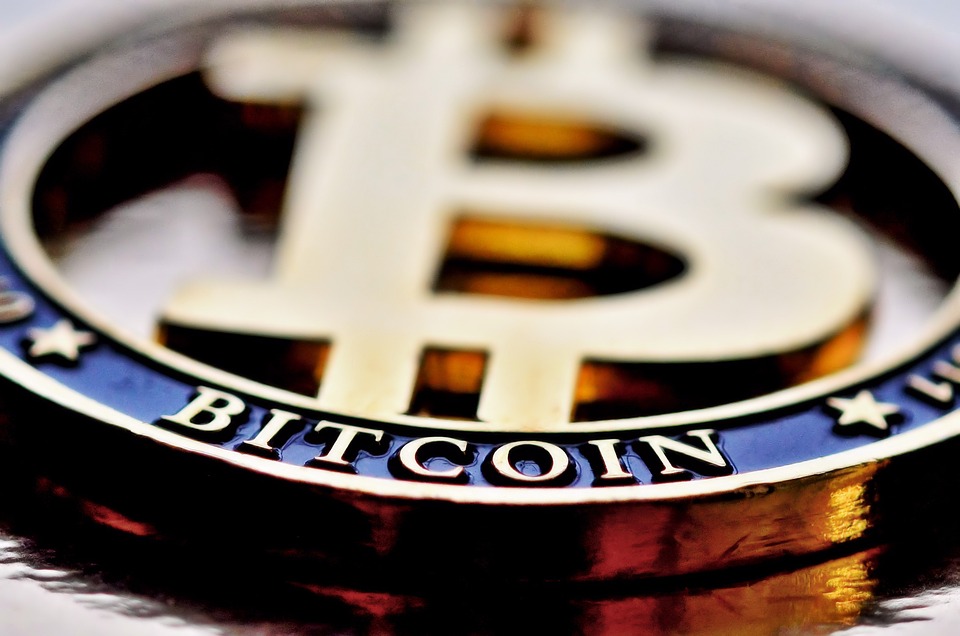Decentralizing Connection: How Blockchain Is Shaping the Future of Social Networks
In the ever-evolving landscape of technology and digital interactions, the rise of blockchain technology is revolutionizing various sectors, including the social media industry. As users increasingly seek platforms that prioritize privacy, security, and ownership of personal data, the traditional centralized social networks are facing significant scrutiny. Decentralization, made possible through blockchain, offers a compelling alternative, promising to reshape how we connect, communicate, and share information online.
The Problems with Centralization
Centralized social networks like Facebook, Twitter, and Instagram have dominated the digital space for over a decade, promising user engagement and community building. However, these platforms have come under fire for various practices, including data privacy violations, targeted advertising, censorship, and algorithmic manipulation of content. Users often feel like products rather than participants, with their personal information being commodified and sold to the highest bidder. This growing discontent has laid the groundwork for the exploration of decentralized alternatives.
Enter Blockchain Technology
Blockchain, in its essence, is a distributed ledger technology that allows data to be securely stored across a network of computers. This structure eliminates intermediaries, granting users direct control over their digital identities and interactions. By adopting blockchain, social networks can address major concerns such as data privacy, censorship, and ownership.
-
User Ownership and Data Privacy: One of the fundamental principles of decentralized networks is that users retain ownership of their data. Unlike traditional platforms, where user-generated content and information become the property of the hosting company, blockchain empowers users to control their personal data. This shift not only enhances privacy but fosters a more transparent community where users can choose which data to share and with whom.
-
Censorship Resistance: Decentralized social networks can offer greater resistance to censorship. By operating on a distributed network, the likelihood of content being removed or accounts being banned without due process decreases. This creates a more open and inclusive environment for free expression, enabling marginalized voices to be heard without fear of retribution from centralized authorities.
-
Monetization Opportunities: With blockchain, users can directly monetize their content through cryptocurrencies or tokens. This creates a fairer economic model where creators can be compensated for their contributions without relying on advertisers or intermediaries. Decentralized finance (DeFi) mechanisms can also be integrated into these platforms, allowing users to earn rewards for their engagement and content creation, incentivizing meaningful interactions.
- Enhanced Trust and Security: Blockchain’s inherent security features provide users with a safe environment for communication and sharing. The immutability of blockchain records ensures that content cannot be altered or deleted arbitrarily. This fosters greater trust among users, as they can verify the authenticity of interactions and content shared within the network.
Emerging Decentralized Social Networks
As the demand for decentralized solutions grows, several blockchain-based social networks are emerging, each with unique features and philosophies. Some prominent examples include:
-
Mastodon: An open-source, decentralized social media platform providing users a federated experience, where they can choose different instances (servers) that suit their values and interests.
-
Peepeth: Built on the Ethereum blockchain, this platform promotes mindful interactions, free from advertising incentives, and allows users to earn cryptocurrency for quality contributions.
- Steemit: A blogging and social networking site that rewards users with cryptocurrency for their content, enabling creators to directly profit from their contributions.
Challenges Ahead
Despite the promising potential of decentralized social networks, several challenges must be addressed for mainstream adoption. These include:
-
User Experience: Many blockchain-based platforms currently lack the user-friendly interfaces that users have come to expect from centralized networks. Improving usability is essential for widespread acceptance.
-
Scalability: Blockchain networks can become congested, leading to slower transaction times and higher costs. Solutions are needed to enhance scalability without compromising decentralization.
-
Regulatory Concerns: The regulatory landscape surrounding blockchain and cryptocurrencies is still evolving. Navigating these legalities while maintaining decentralization poses a significant challenge.
- Community Building: Developing active and engaged communities on decentralized platforms requires intentional effort, as these networks currently lack the mass user bases of established social media giants.
Conclusion
Decentralized social networks, powered by blockchain technology, hold the potential to redefine the social media landscape. By prioritizing user ownership, privacy, and free expression, these platforms provide a refreshing alternative to exploitative centralized models. While significant challenges remain, the ongoing development of decentralized social networks presents an opportunity to create a digital environment that aligns more closely with the principles of trust, transparency, and community engagement. As society increasingly values privacy and autonomy, the future of social networks may very well be decentralized.

